“Die Presse” (Vienna)
On January 30, 2001, the following review appeared in Vienna’s major daily newspaper, “Die Presse”, of the OPO’s traditional New Year’s concert
The traditional musical New Year’s greetings from the Golden Hall of the Vienna Musikverein have found a response in Ukraine. The Odessa Philharmonic Orchestra, who for a while now have been performing Viennese music on a regular basis, programmed its own series of new year’s concerts this year. The most vivid difference from the Vienna original: in accordance with Ukrainian tradition, the concert series began in the middle of January – together with the new year according to the Julian calendar. The initiator of these Strauss concerts is Hobart Earle. As Music Director of the Odessa Philharmonic Orchestra, over the years the American in Ukraine has grown to be a kind of musical ambassador for Vienna. Viennese music grew close to his heart during his studies in Vienna and now he shares his admiration for it with an ever-growing audience he has in Ukraine. In the case of Strauss, due to high demand, even extra concerts had to be organized. The second of two New Year’s concerts in Kiev showed that Earle and his orchestra have almost perfected the idiom of the Viennese waltz. The musicians brought the scores to life with great concentration and did not overlook all the subtleties not written in the music. Earle presented elegant waltz-tableaus and sustained the atmosphere for the audience through refined phrasing. Above all in the polka “Leichtes Blut”, the rhythmic impulse in the orchestra functioned like clockwork, for which the ensemble was applauded generously at intermission. The second half of the program began with an atmospheric performance of the “Fledermaus” Overture followed by a heartfelt interpretation of the “Kuenstlerleben” Waltz as well as other polkas, waltzes and marches. And then began the ritual that has become familiar from the Vienna New Year’s concerts: through sustained applause the audience demanded the “Blue Danube” Waltz, received the conductor’s as well as the orchestra’s new year’s wishes with great enthusiasm, and waited impatiently for the opportunity to “take part” in the performance of the “Radetsky March” with hands and feet. Earle was able to hold the Kiev Philharmonic Hall audience skillfully on the beat, having them already well on his side through his entertaining moderation, and obtained a succulent, pleasant sound from the musicians. When the Odessa Philharmonic Orchestra comes on tour to Austria in March, thanks to the generous support of “Shustoff”, producers of liquor, one can presume the ensemble might bring one or the other Strauss composition along in their luggage. In that case, all Vienna will have the opportunity to assure itself that the music of the Strauss dynasty is preserved with great charm and dedication also outside of the borders of Austria.


